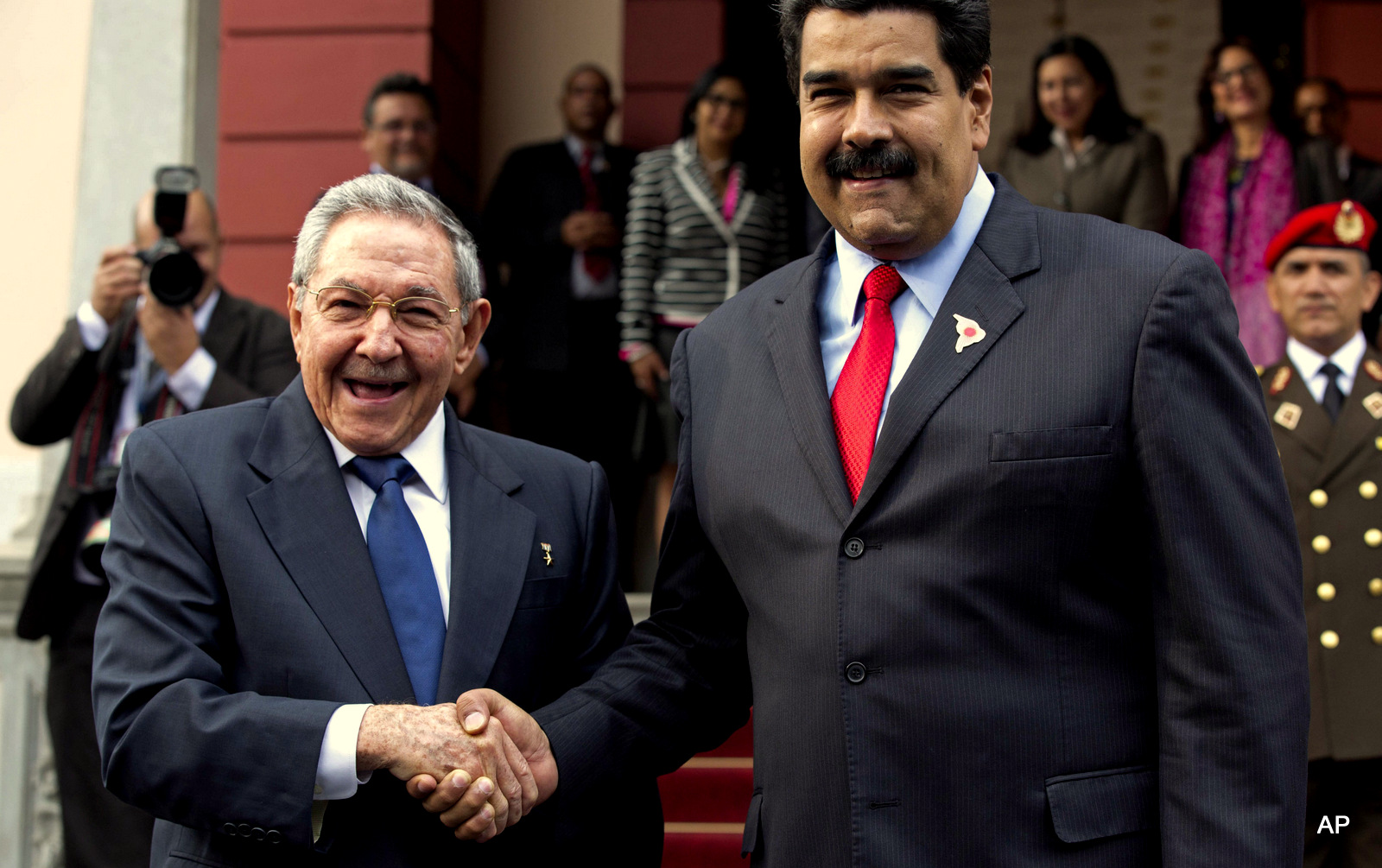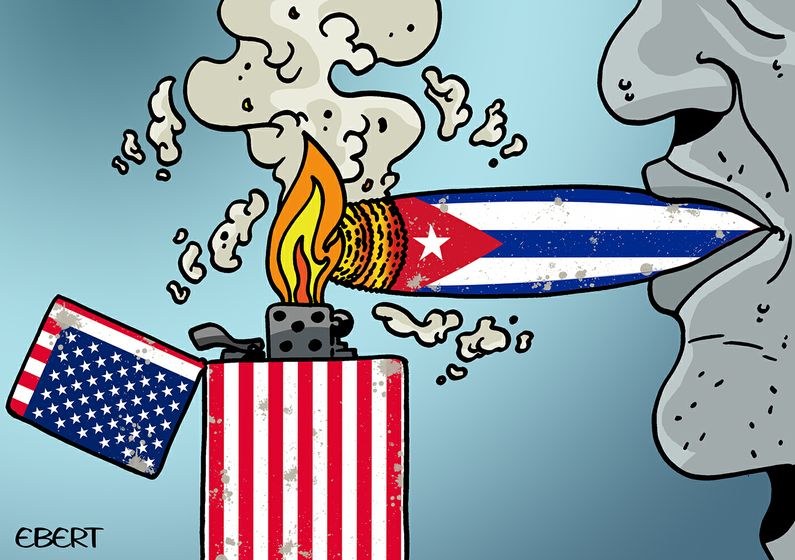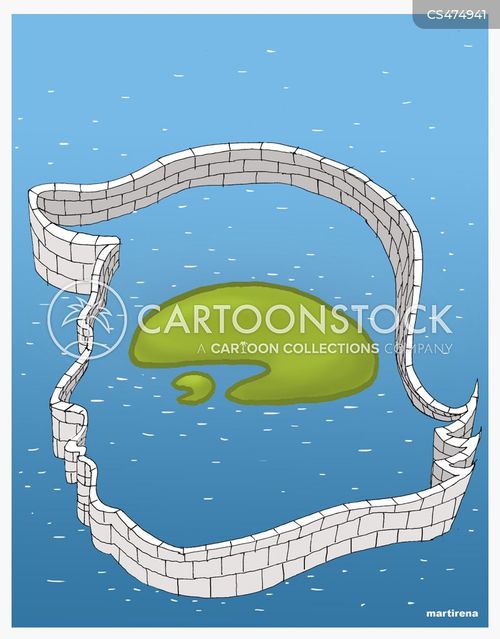
In a news report by Rodriguez and Weissenstein (2019), Cuba is set to face another shortage due to Trump’s pressure on Venezuela and Cuba and his administration’s policies. Communist Party leader Raul Castro warned Cubans to brace themselves for worsening shortages. He, however, assured the people that the island won’t experience the same deprivation of the post-Soviet period.
“We’ve taken a series of decision to focus the development of the economy, and to resist and overcome the new obstacles imposed by the hardening of the economic siege,” Castro said. “We need to be aware of growing problems, and the situation could grow worse in the next few months.”
Cuba’s centrally-planned economy has recently lost hundreds of millions of dollars in income due to problems in deals with leftist allies and former allies. Brazil’s new right-wing President Jair Bolsonaro canceled a contract employing Cuban doctors late last year. Additionally, Venezuela’s collapsing economy is believed to be costing Cuba as it sends the ally aid.
Cubans are already facing difficulties due to the country’s cash shortfalls. People are already struggling to procure basic goods such as chicken, cooking oil, eggs and oil this year since the country was unable to buy imported goods or equipment to process these products. The lack of resources has also affected newspapers as they cut their page counts due to shortages of newsprint. Castro indicated that the government would engage in further cutbacks due to cash shortfalls.
Despite the worsening shortages, Castro said the hunger and desperation of the 1991 crisis would not return due to Cuba’s diversified economy. Aside from welcoming nearly 5 million tourists a year, the country has also been receiving direct investments from Europe, Asia and Latin America.
“It’s not about returning to the harshest phase of the Special Period of the ’90s,” Castro said. “Today it’s a different scenario in terms of the diversification of the economy, although we do have to be prepared for the worst.”
The shortage is also believed to be caused by Trump’s increasing pressure on the country. Along with sanctions on Venezuela, Cuba’s closest ally and economic patron, Trump has made it harder for tourists to visit Cuba. The US president has even threatened to sue foreign investors in Cuba. In other words, US is threatening to activate Title III of the 1996 Helms-Burton Act.
However, despite the pressure, Castro said Cuba would not abandon President Nicolas Maduro and his administration.
“We will never abandon our duty to act in solidarity with Venezuela, or renounce a single one of our principles, and we energetically reject all pressure and blackmail,” Castro said.

Analysis
Aside from political matters, states also engage in transactions with other states to boost their economies. As stated in the report on the Instruments of Foreign Policy, economic opportunities and transactions create vulnerabilities in countries. Economic transactions, especially foreign investments, also help the country in sustaining its population as well as ushering in economic growth.
The disruption of these finances naturally has a devastating effect on the country to the point that the country’s economy might collapse. This is especially true in most developing countries wherein there is a heavy reliance on foreign trade for supplies. This is in contrast to developed nations who are already self-sufficient and have the means to create alternatives if and when they cannot obtain their supplies.
Because of this, one can see that states have other methods in their arsenal. Aside from diplomatic persuasion, states can also influence other states via economic policies. In fact, economic tactics are more often influential since they pose a higher threat and punishment. Governments of developed nations usually manipulate these cash flows to alter behaviors and attitudes of other state as well as indicate their support or disproval of the other state’s administration.
In this situation, US is clearly trying to exert its influence over Cuba. Its preferred method is that of the embargo which is when government A prohibits its own businesses from trading or engaging in any other commercial activity with government B. The embargo may be enforced a specific category of goods or on all imports. Embargos not only deprive a country of imports but also of foreign investment. With this, it provides US a way to pressure Cuba without sending its troops to the country.
In this situation, US is clearly trying to exert its influence over Cuba. Its preferred method is that of the embargo which is when government A prohibits its own businesses from trading or engaging in any other commercial activity with government B. The embargo may be enforced a specific category of goods or on all imports. Embargos not only deprive a country of imports but also of foreign investment. With this, it provides US a way to pressure Cuba without sending its troops to the country.
However, this is not Cuba’s first embargo. In fact, the United States embargo on Cuba is classified as the “most comprehensive set of U.S. sanctions on any country, including the other countries designated by the U.S. government to be state sponsors of terrorism — Iran, North Korea, Sudan, and Syria” (Cohn, 2019). It started with Eisenhower, expanded by Kennedy and codified into law by Bill Clinton through the Helms-Burton Act. While Obama has tried to normalize US-Cuban relations, Trump has decided to reverse this process and once again, impose the embargo on Cuba.
According to Padgett (2019), Trump has even activated Title III of the Helms-Burton Act which lets Americans, whose properties were seized by the Cuban government after the 1959, to sue for damages in US courts. Technically, Trump activated Title III since he said that US citizens may now sue Cuban property. Trump is the first president who has activated it since past presidents have suspended this provision.

US hopes that with this embargo, Cuba will crumble from the pressure and succumb to US’s wishes—that is to abandon Maduro and support Guaido. With one less ally, Venezuela will lose one source for aid as well as international backing and support.
Yet as seen here, embargos can backfire. According to Strickland (2014), it may cause adversaries to become “more defiant and radical in their opposition to US interests.” Not only did the embargo aggravate US-Cuban relations, but it also is problematic for America’s business. Past presidents opted to suspend the provision since they worried that other countries, like Spain and Canada who both have a “big business presence in Cuba”, might retaliate. These countries might do the same thing to US businesses elsewhere. Aside from that, it might also strain US’s relations with these other countries.
“All the presidents, both Democrat and Republican, perceived Title III as something that would be detrimental to U.S. interests – particularly business interests.” Cuban-American attorney Pedro Freyre said.
However, Trump is willing to take this risk. Cuba does not want to back down either. In fact, as seen in the article, it remains steadfast in its support for Venezuela. Unless they want to launch a war, US cannot really do anything aside from wait for Cuba to succumb to pressure. With this, the two countries have reached a stalemate as neither side refuses to back down.
While Castro did promise that the country would not experience the Special Period again, the embargo would definitely affect the life of Cubans. Many speculate that if Cubans are “squeezed hard enough by inflation and shortages”, people will “naturally rise up against their government” (Strickland, 2019).
Nevertheless, the embargo is a cruel move by US on Cuba. I hope the whole world realizes how senseless and unreasonable this is and pressure the US to lift it. It is high time for US to stop bullying weaker and poorer states just to get its way.
References:
https://www.apnews.com/8ccc15765f9145bcab5d339312c4d4bb
https://truthout.org/articles/trump-threatens-a-second-embargo-of-cuba/
https://www.wlrn.org/post/did-trump-hand-his-cuban-exile-fans-meaningless-move-title-iii
https://www.trtworld.com/americas/what-is-the-helms-burton-act-and-why-does-article-iii-matter-24946
https://www.borgenmagazine.com/embargoes-good-bad-ugly/


